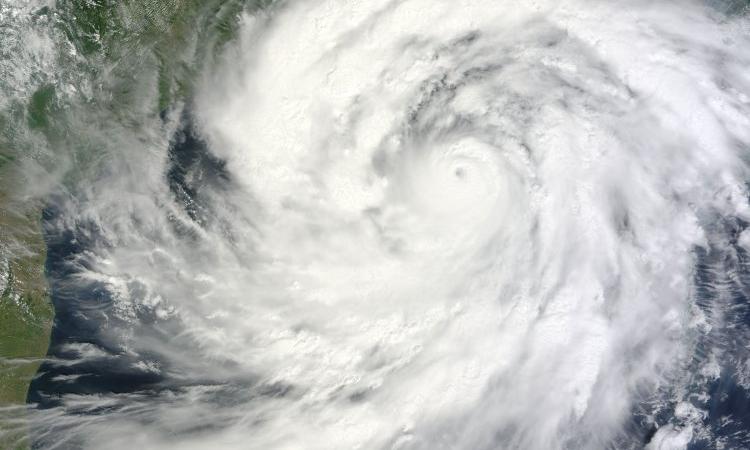
India escapes impact of cyclone Roanu while it creates havoc in Sri Lanka and Bangladesh
Last week, the country was hit by tropical cyclone Roanu, Bay of Bengal’s first cyclone of the monsoon season. The cyclone brought heavy showers in Odisha, West Bengal and Andhra Pradesh, but did not have any severe impacts on the three States. However, it has created havoc in both Sri Lanka and Bangladesh, leaving behind a death toll of 64 and 23, respectively, caused by floods and rain-triggered landslides. But for the three Indian States, it has come as a boon for it has given an opportunity to farmers in these states to prepare fields for kharif paddy well in advance.
Drought situation worsens in the country
Water levels in the country's major reservoirs has dipped to 18% of their storage capacity, which is well below their 10-year average. Out of the 91 major reservoirs, 85 have less than 40% water and most of these reservoirs are in the southern peninsula including Maharashtra and Gujarat. In Marathwada, the situation has gone so bad that the storage level in the region's dams has dropped to just 1%.
Set up task force to study the impact of drip irrigation: PM Modi
Prime Minister has ordered to set up a task force to study the economic impact of drip irrigation in Andhra Pradesh, Gujarat and Maharashtra on parameters like water saving and productivity. Also, during his latest monthly radio programme 'Mann Ki Baat', PM has urged for a mass movement to save forests and conserve "every drop" of water during the upcoming monsoon season. Along with this, he has asked Niti Ayog to study best practices on water conservation for their replication all over the country.
WII launches conservation program for the Gangetic Dolphin
The Wildlife Institute of India (WII) has launched a conservation program for the Gangetic Dolphin which is on the verge of extinction. Under the program, WII will conduct a status survey and long-term monitoring of the species, develop protocols and procedures and restore critical habitats of the dolphins in the country. The Centre has already sanctioned Rs 23 crore for the conservation of the aquatic mammal.
UN report reveals threat to 40 million Indians from rising sea levels
Per the UN environment report, titled 'Global Environmental Outlook (GEO-6): Regional Assessments', nearly 40 million Indians will be at risk from rising sea levels by 2050. Moreover, the report has mentioned that people in Mumbai and Kolkata will be exposed the most to coastal flooding in future due to rapid urbanisation and economic growth. India is being followed by Bangladesh, China, and the Philippines. Also, the report claims that seven of the 10 most vulnerable countries worldwide are in the Asia Pacific region.
This is a roundup of important news updates from May 18-23, 2016. Also read last week's policy matters update.
Lead image source: NASA WorldView via Wikipedia.